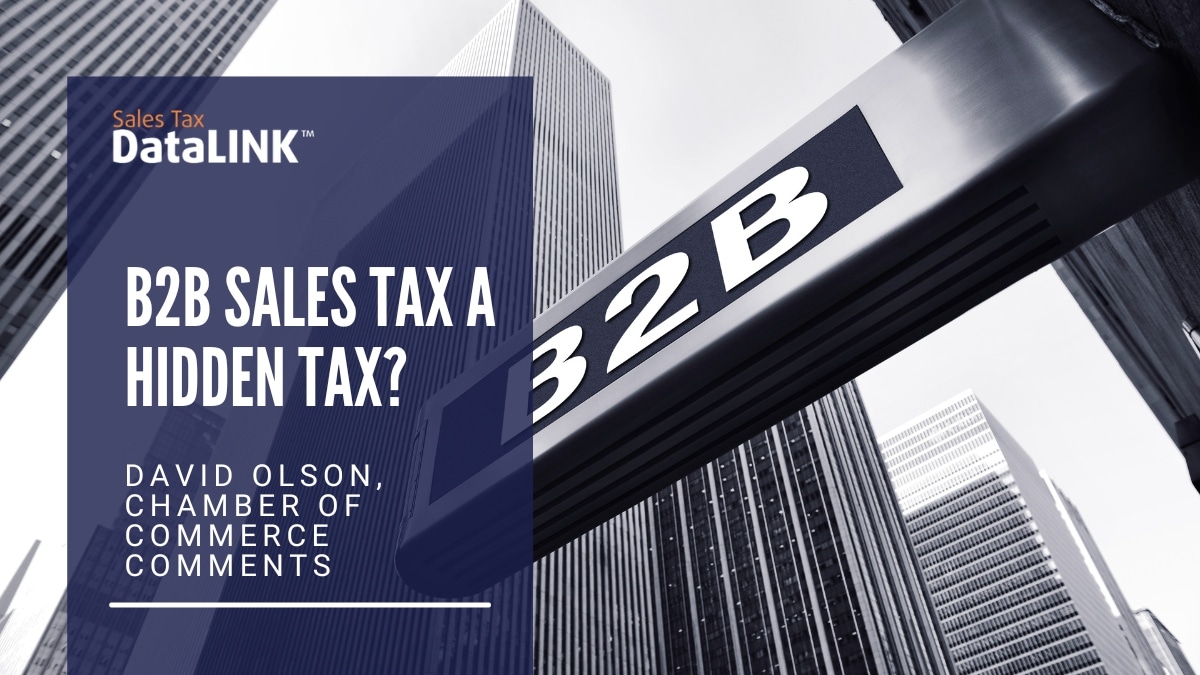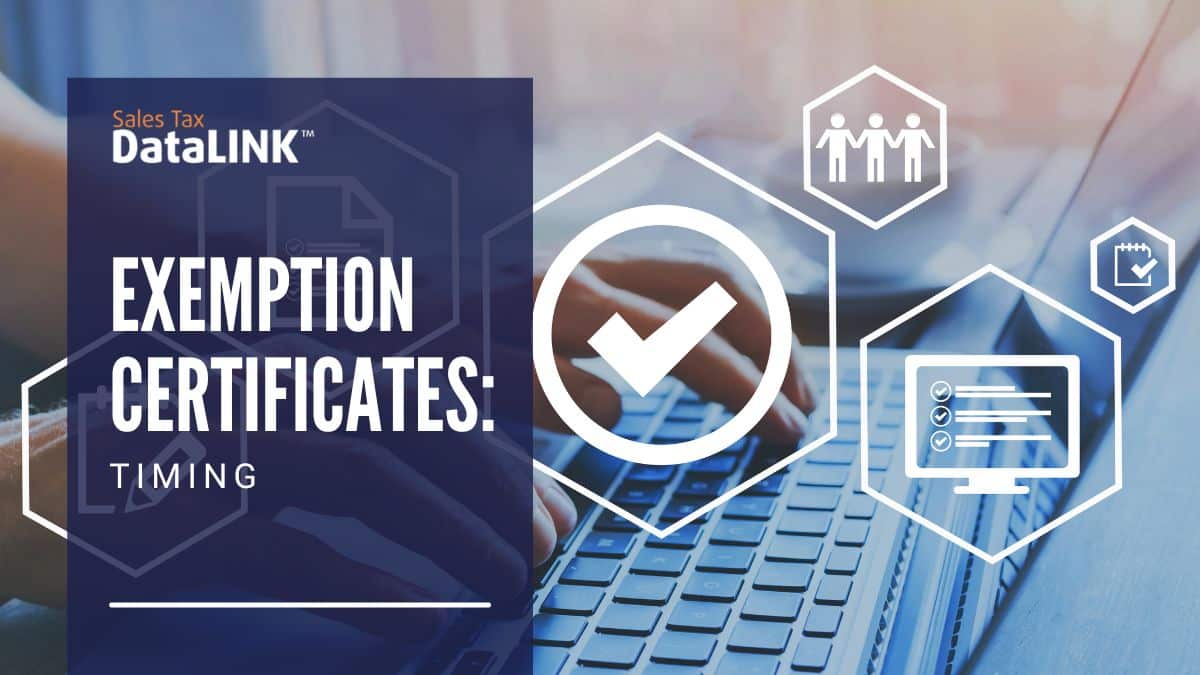- Businesses will raise prices to meet the extra costs.
- Once prices are raised as high as possible without losing customers, businesses will begin cutting employee benefits and perhaps laying off workers.
- Small businesses may go under, while large ones may just leave Minnesota.
- Businesses will need help from accountants to figure out new tax rules and will have to pay taxes on those services.
These actions would increase the cost of living for Minnesotans, while perhaps increasing unemployment. We can imagine some more possible consequences:
- Businesses will cut back on those B2B services, harming businesses that provide those services — which will of course have just taken the hit of paying taxes on B2B services themselves.
- Businesses will start getting their services online from out-of-state service providers.
Of course, products from Sales Tax DataLINK are designed to help with all sales and use tax issues, and we invite businesses of all sizes in Minnesota to contact us immediately for a free evaluation. Is the B2B service tax a hidden regressive tax? We can see where Olson is coming from. The Center on Budget and Policy Priorities argues in favor of service sales taxes in general. They point out that someone who rents a videotape (the article was written in 2009 when you could do that) pays taxes and the person who watches it as pay-per-view does not. There is not, they say, enough difference between goods and services to make it a fair distinction for sale taxation. The CBPP would, however, exempt B2B service taxes. They point out that charging for a service used in preparing goods and services for sale to others leads to pyramiding taxes — that is, situations in which the end consumer pays for multiple layers of taxes on the same goods or services. At Sales Tax DataLINK, our goal is to make compliance as easy as possible, but we’d be interested to hear your views on this type of taxation. Do you live in one of the states that already have this type of tax? If so, what consequences have you seen? Check Biz Toolkit’s interactive map of sales and use tax regulations state by state to find out which states require sales taxes on B2B services.




